At the heart of theologies that liberate is the belief that there is nothing inherently good about suffering. Suffering is not redemptive, salvation is. So we must eschew shitty soteriologies that place suffering at the center of Christ’s work.
It’s now time to address that scythe wielding, six winged, cherub whose coming heralds fear in the heart of humanity [read that reference again] . . .
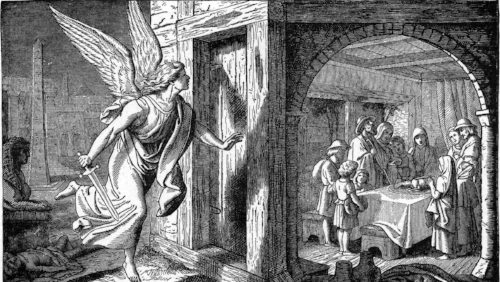
"Peter didn't know what the Hell he was talking about. He had no idea what the mountain-top experience really represented...Moses & Elijah represented encouragement and a reminder to be attentive to faithfulness, because dark days are coming..."
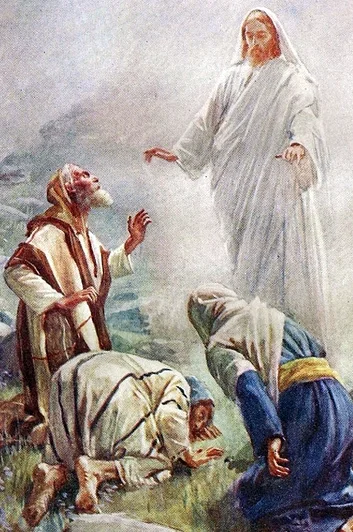
. . . one year we’ll defend our belief in an incarnation timed for Sukkoth as there is no way Jesus was born in December, and we’ll write the Card Talk about how the wise men did not show up until He was three years old. Eventually we’ll even address the fact that the little drummer boy was actually a drunk Roman solider looking for his estranged wife (okay, we just made that last one up) . . .

![O Come, O Come Emmanuel (Isaiah 7:14) [An Advent Card Talk]](https://images.squarespace-cdn.com/content/v1/55a9a1e3e4b069b20edab1b0/1483161046976-X5VJE3CMP9T957O72EII/3d-wallpapers-light-dark-wallpaper-35822.jpg)
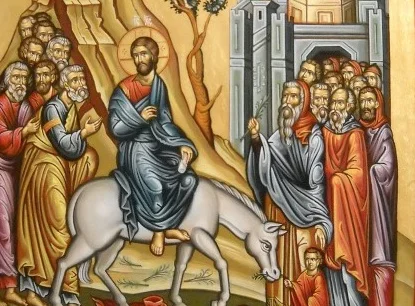
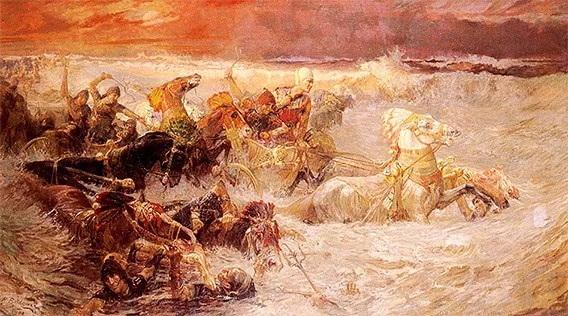
![The wise men, three years late for the nativity (Matthew 2:8-11) [An Epiphany Card Talk]](https://images.squarespace-cdn.com/content/v1/55a9a1e3e4b069b20edab1b0/1530285148816-MC2Z121NYA8S42Y6BIQ0/Morris+%26+Co+and+Edward+Burne+Jones_The+Adoration+of+the+Magi_Art+Gallery+of+South+Australia_detalle.jpg)
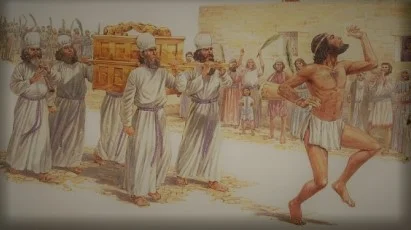
![Making Stupid Life Choices and Blaming it on Philippians 4:13 [A Guest Card Talk]](https://images.squarespace-cdn.com/content/v1/55a9a1e3e4b069b20edab1b0/1524245046850-NXYD1JDZZPFAJLCWP4JA/Pain-and-Suffering-After-a-Car-Accident-in-Idaho.jpg)